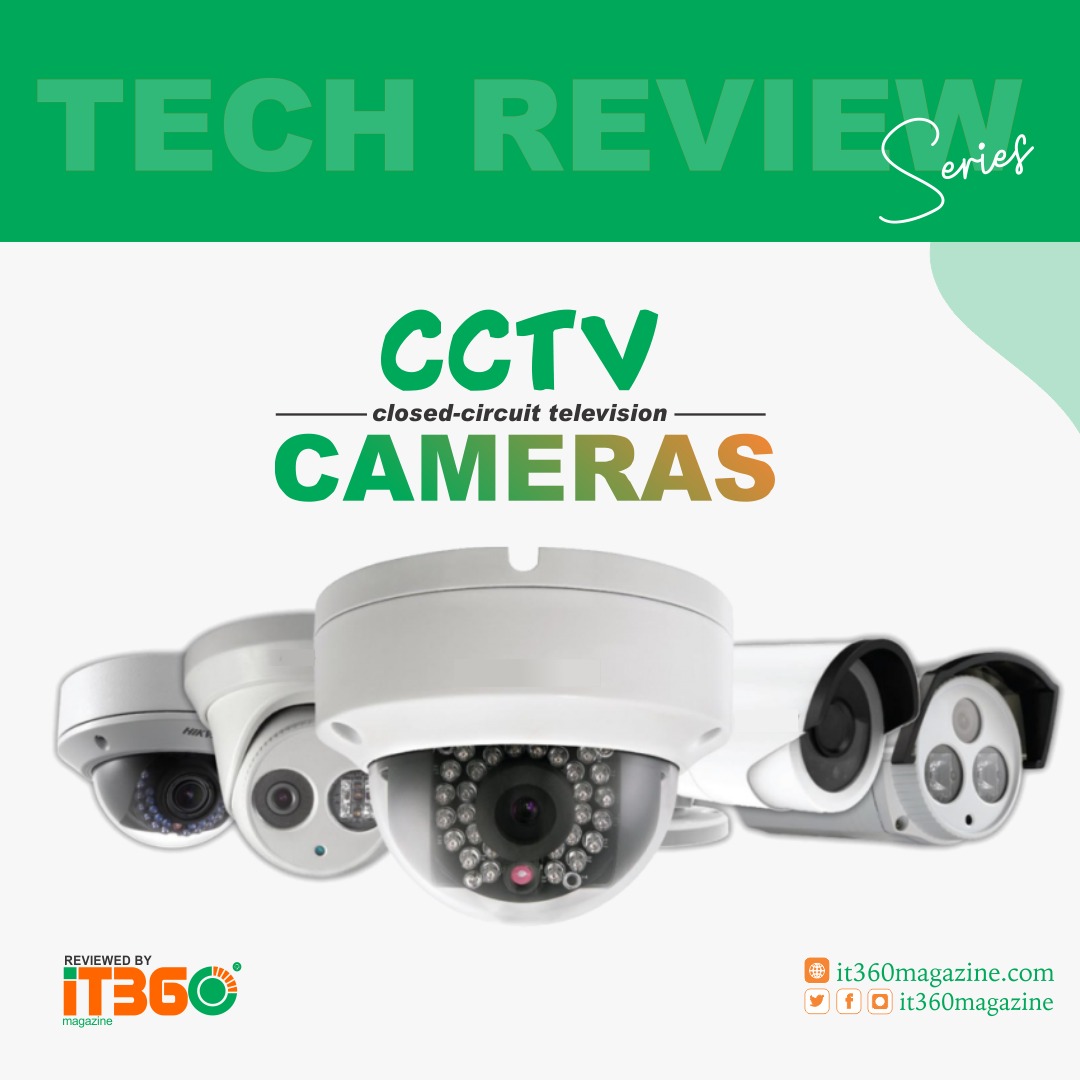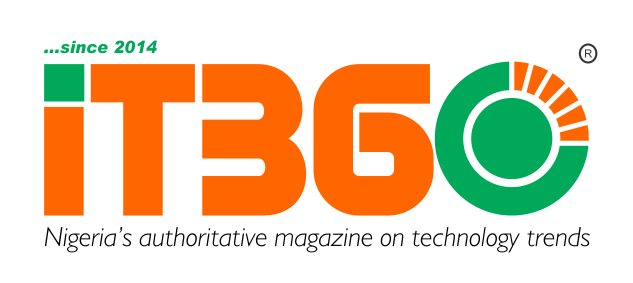In early times, security would have been a very big issue for business owners, especially startups who were having considerations about where to establish their business.
Also, the honesty of staffs was a sort of headache to business owners because there was no way to monitor these staffs in their absence, it was like a one-man thing even with staffs because you had to be as diligent as though there was no staff with you and do the work like you were the only one for its growth while also supervising other staffs. Over years this became sort of straining and demanding for some set of people which stirred up the invention of CCTV cameras on business premises. CCTV which is an abbreviation for ‘closed-circuit television’ has become an unavoidable feature of modern life. We see them on the tube, in shops, offices, and trains, yet surveillance has become so normal that we rarely think about it! We shall be reviewing the CCTV camera, taking note of the meaning and history, various types, factors to consider when getting a CCTV for businesses and most especially startups, and also looking into the features of some of the best CCTV producing brands.

Meaning of CCTV.
Closed Circuit Television (CCTV) is an acronym for closed-circuit television. It’s a video system made up of strategically placed video cameras that record footage and send it to a display monitor(s) for real-time viewing and footage replay. A CCTV system encompasses all features and components of the system, including the camera, wiring, video footage storage (through a cloud or digital video recorder), monitors, access control, and overall system management.
History of CCTV Cameras.
An early mechanical CCTV system was developed way back as in June 1927 by Russian physicist Léon Theremin. Originally requested by the Soviet of Labor and Defense, the system consisted of a manually-operated scanning-transmitting camera and wireless shortwave transmitter and receiver, with a resolution of a hundred lines.
This was until Walter Bruch, created live video capture in 1942, making it the first to use it. In WWII, operators employed these early kinds of CCTV to keep an eye on V-2 missiles. CCTV did not become commercially available for another seven years, in 1949. It immediately gained traction as a sophisticated security control, and Vericon, a federal contractor in the United States, picked it up.
Back then, CCTV wasn’t nearly as sophisticated as it is now. They supplied live monitoring, broadcast to monitors, without the ability to record the footage, instead of automated sensors, infrared cameras, and body temperature sensing. There isn’t much CCTV can’t accomplish these days!
Types of CCTV Cameras.
A CCTV system, which consists of at least one camera, lens, monitor, and recorder, can be scaled up or down depending on the size of the area to be monitored. The camera or cameras take a continuous sequence of images, which are then communicated to the recording device by cable or wirelessly (depending on the system type) and finally to the display monitor, where an individual can view the sequence of photos as video footage. Depending on the camera, it may also be possible to zoom in and out as well as rotate 360 degrees.
As previously said, there are many different types of CCTV systems with various cameras that may be used for a variety of purposes, including night vision, thermal imaging, number plate recognition and so on.
Dark Fighter Technology Cameras
In low-light situations, these cameras can capture coloured images. Due to its wide range of capabilities, dark fighter technology can be employed at any time of day or night and provide excellent performance. They include 12″ CMOS progressive scan sensors, which allow them to capture high-quality images without the use of an external light source, making them ideal for nighttime security surveillance. It has smart features like line crossing, audio and face detection.
Network Cameras
These cameras broadcast their images over the internet, allowing for easy access to CCTV recordings. Because you can observe what’s happening while away from the property, network cameras are suitable for both domestic and business applications.
Factors to Consider when getting a CCTV camera.
The Correct Lense
You will obtain a high-quality photograph as a result of this. Choosing the correct lens for your camera will allow it to focus and provide enough light to the sensor, allowing you to read registration plates and recognize faces, among other things.
More detail will, of course, benefit in all instances because it will allow you to see exactly what is going on and capture a crisp image on film. Customers can get more information from a zoom lens because optical zoom can change the light as it hits the sensor, giving them more flexibility and better photographs.
The Correct Output Resolution
The higher the pixel count, the better the image. The maximum resolution available is 700TVL, but most common cameras have resolutions ranging from 300 to 550TVL. It’s critical to match the resolution of your camera; anything higher is entirely unnecessary.
CCTV Producing Brands.
Furthermore, a look into some leading producing brands of CCTV cameras shall be mentioned in this review.
Hikvision
Hikvision is a well-known security camera company. They employ a significant number of people who are dedicated to developing cutting-edge security solutions. Hikvision’s products include top-of-the-line lenses with NVR and HD capabilities. Their security camera sales have done pretty well, with offices all around the world.
Motion detection, facial recognition, and other capabilities in their systems help detect and prevent criminals, as well as keep people and property safe from intruders, vandalism, and trespassers. Their products are one of the top choices in business and residential security because of all of this.
Hikvision also offers a variety of DVRs, including Hikvision 8 channel DVR, Hikvision DVR 16 channel, Hikvision 4 channel DVR, and others. Aside from that, the megapixels of CCTV cameras are critical in providing a clear image. Hikvision also offers customers several options, including Hikvision 5MP cameras, Hikvision 2MP cameras, Hikvision 2MP IP cameras, and more. The features of Hikvision CCTV cameras are listed according to one of their models.
Hikvision Bullet Camera
Bullet cameras are distinguished by their distinctive design, which allows them to observe objects from afar. The long cylindrical design of these cameras makes them ideal for outside surveillance. To ensure a long life, the Hikvision Bullet Camera’s case is comprised of water, dust, and dirt resistant material. Because of its WDR technology, the Hikvision bullet camera has a high-quality image sensor and produces sharp imagery even in bright lighting. Hikvison cameras are also small and simple to set up, making them ideal for keeping a watch on valuables.
High-quality photography, efficient H.265+ compression technology, waterproof and dustproof, and more are some of the primary features of the Hikvision Bullet Camera. For real-time audio security, there’s a built-in microphone. With a price range of $70-$300.
Samsung
Samsung’s move into home security was unsurprising, given the company’s clout in the electronics industry. Samsung SmartThings security cameras have been rebranded and changed several times over the years, but they are now marketed as part of a bigger smart home ecosystem. This system of hubs, sensors, cameras, trackers, and smart plugs makes creating a smart home pretty simple. Their cameras can be purchased separately, and they’re also included as add-ons with various Samsung Galaxy smartphone contracts.
The Samsung SmartThings Cams’ greatest features are, Wi-Fi Enabled Cameras, Full HD Resolution, Night Vision, Two-Way Talk, Advanced Object Detection, Free Cloud Storage, Easy DIY Installation, Works With Samsung SmartThings and Alexa for Voice Control, Custom Activity Zones.
With the SmartThings Cam, Samsung keeps things simple. It’s adaptable, only works inside, and ranges in price from $19.99 to $33 depending on where you get it.
Conclusion
As the rise for adequate security of lives and properties increases in the world today it is very important to have a personal means of security and the best for his purpose is a CCTV. It is expected for every business that intends to run its operations on a physical level to have a source of security for its goods and the lives of those that work for them. It also helps in knowing everything going on with the business without you being everywhere.
However, it’s vital to make sure you choose the right CCTV camera because you’ll need to find one that matches your needs based on where they’ll be installed and what they’ll be used for. There’s something for everyone, whether you want to place a CCTV camera outside a house to catch criminals or have one installed inside to keep an eye on your home or a business’s inventory.

